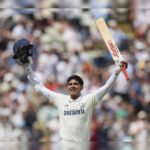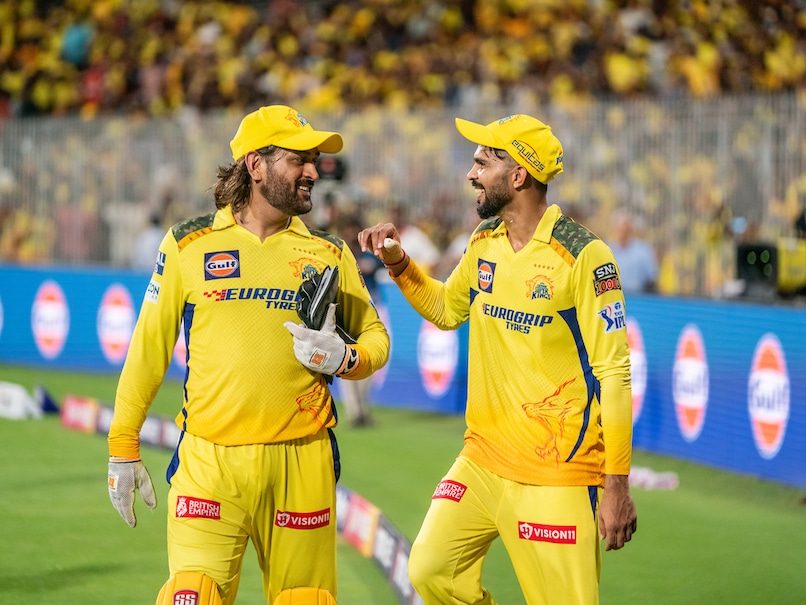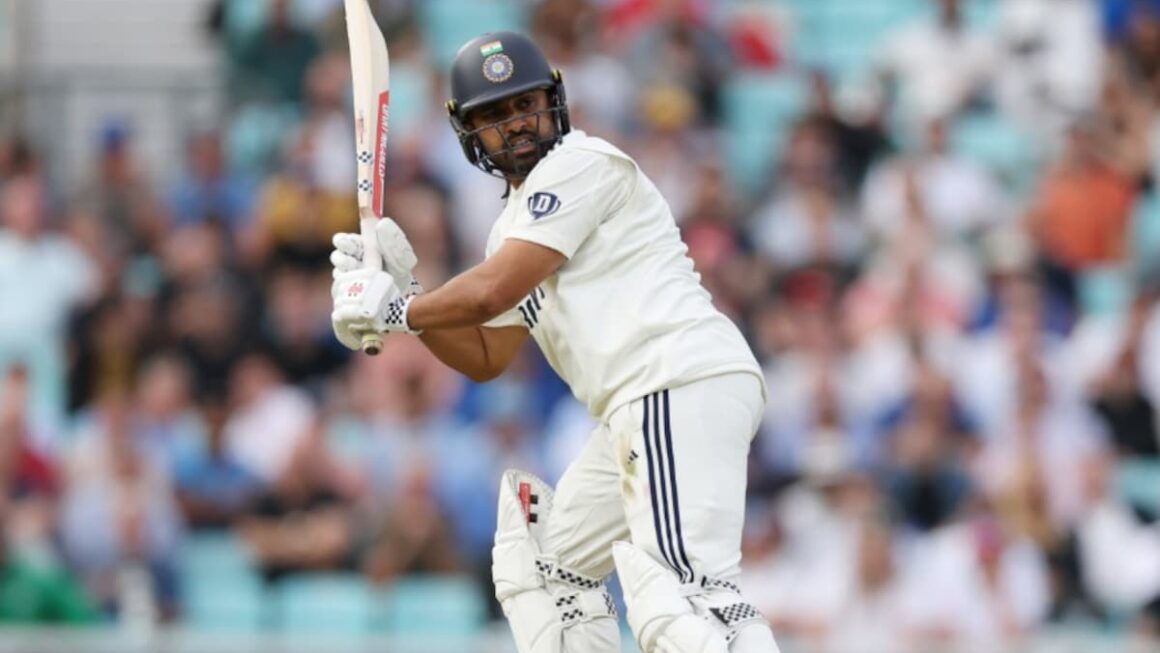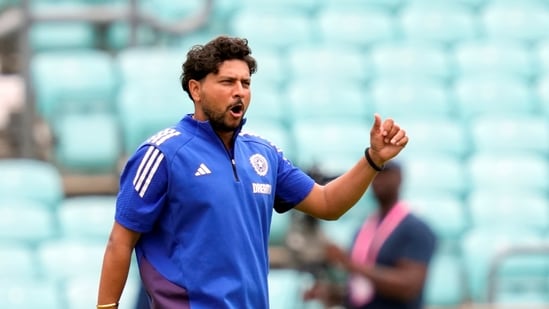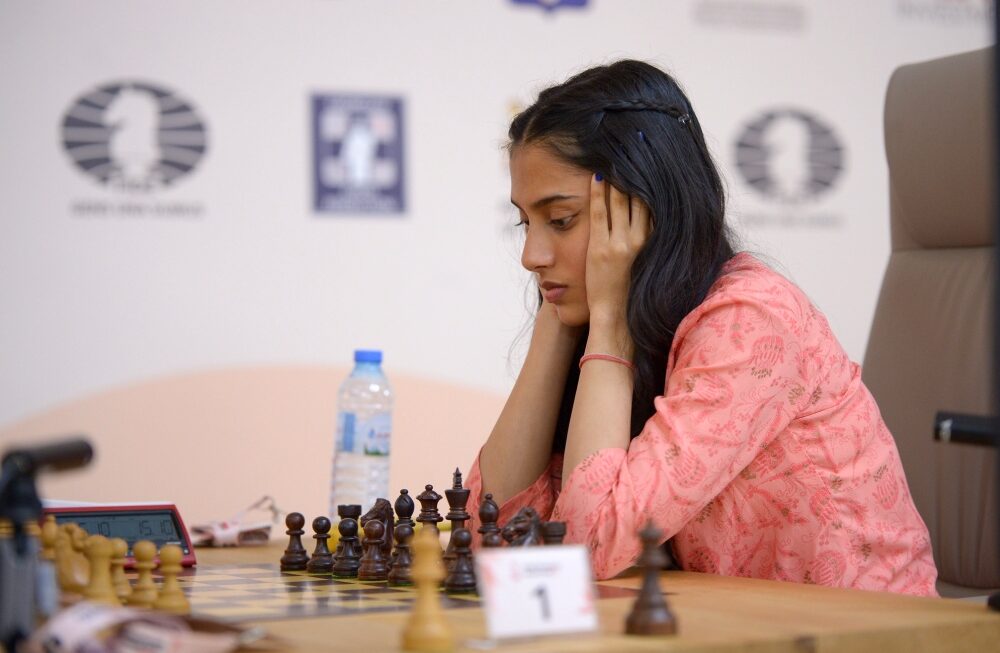MS Dhoni’s Potential Return as CSK Captain: Coach Stephen Fleming’s Hints and Team Future
MS Dhoni’s Potential Return as CSK Captain: Chennai Super Kings (CSK) fans may have reason for excitement as head coach Stephen Fleming recently dropped significant hints about MS Dhoni potentially resuming his captaincy role. Following Ruturaj Gaikwad’s leadership stint, Fleming’s comments have sparked speculation about the future direction of the franchise’s leadership structure.
Fleming’s Revealing Comments on CSK’s Leadership
During a recent press conference, CSK head coach Stephen Fleming addressed the team’s captaincy situation with carefully chosen words that have ignited discussions throughout the cricket community. Fleming emphasized the importance of continuity in leadership while acknowledging the value of developing new talent.
“We’ve always believed in a leadership structure that balances experience with future growth,” Fleming stated. “When MS stepped aside, it was part of our succession planning, but his influence remains invaluable to the team’s strategy and mentorship.”
The former New Zealand captain elaborated on how leadership transitions work within the franchise, noting that decisions are made collaboratively with the team’s best interests in mind. Fleming’s comments suggested that while the team is committed to grooming young leaders, they remain open to experienced hands taking the helm when circumstances demand it.
Dhoni’s Leadership Legacy at Chennai Super Kings
MS Dhoni’s captaincy record with CSK stands as one of cricket’s most remarkable leadership stories. Under his guidance, the team has secured four IPL titles (2010, 2011, 2018, and 2021), establishing themselves as one of the tournament’s most consistent performers.
Statistics highlight Dhoni’s exceptional leadership:
- 121 wins from 204 matches as CSK captain (59.31% win rate)
- Nine IPL finals appearances under his captaincy
- A record-setting 11 playoff qualifications in 13 seasons
“MS has always been more than just a captain for us,” Fleming remarked. “His cricketing acumen and ability to remain calm under pressure have defined CSK’s approach to the game.”
Ruturaj Gaikwad’s Captaincy Tenure
After Dhoni handed over the captaincy reins to Ruturaj Gaikwad, the young batsman faced the considerable challenge of following a legend. While Gaikwad demonstrated promising leadership qualities, the transition period presented expected challenges.
During his captaincy, Gaikwad showed:
- Tactical understanding beyond his years
- Ability to manage senior players with respect
- Growth in decision-making under pressure situations
- Consistent personal batting performances despite leadership responsibilities
Fleming acknowledged these qualities while discussing the team’s leadership structure: “Ruturaj has shown tremendous potential as a leader. What’s important is creating an environment where young talents can learn from experienced players like MS.”
The “Young Guy” Comments and Their Implications
The most telling part of Fleming’s recent press interaction came when he discussed future captaincy plans: “We’re always evaluating what’s best for the team. While we want some young guy to take over eventually, there are moments when experience becomes crucial.”
Cricket analysts have interpreted this “some young guy” phrasing as a potential signal that CSK might be considering a temporary return to Dhoni’s leadership, particularly if the team faces challenging phases or requires stability during crucial tournament periods.
Former India cricketer and analyst Aakash Chopra noted on his YouTube channel that Fleming’s choice of words seemed deliberately vague: “When someone of Fleming’s experience uses such phrasing, it’s rarely unintentional. This appears to be carefully preparing fans for a possible leadership change.”
CSK’s Traditional Approach to Team Building
Chennai Super Kings has historically valued continuity and experience over constant change. This philosophy extends to their captaincy approach, where leadership transitions are handled with careful consideration.
According to Cricbuzz, CSK’s management has always prioritized:
- Team culture and values over individual stardom
- Long-term planning over short-term gains
- Mentorship systems where veterans guide emerging talents
- Decision-making processes that involve key senior players
“What makes CSK special is how they operate as a family unit,” explained cricket commentator Harsha Bhogle in a recent ESPN Cricinfo analysis. “Leadership isn’t just about who wears the captain’s armband but about creating multiple leaders within the team structure.”
Factors That Could Influence Dhoni’s Return as Captain
Several factors may influence CSK’s decision regarding Dhoni’s potential return to captaincy:
Tournament Situation
If CSK finds themselves in a challenging position mid-tournament, the management might opt for Dhoni’s experienced hand to guide the team through pressure situations.
Gaikwad’s Form and Workload
Balancing captaincy responsibilities with consistent batting performance can be challenging. If Gaikwad’s personal form suffers under leadership pressure, the team might reconsider the arrangement.
Team Composition Changes
The Indian Premier League official website reports that team dynamics change significantly with each season’s auction. New player combinations might benefit from Dhoni’s experienced leadership during integration periods.
Dhoni’s Physical Fitness
At 43, Dhoni’s exceptional fitness levels continue to impress. However, as sports medicine expert Dr. Abhishek Jain explained to Sportskeeda, “Wicketkeeping is physically demanding, and captaincy adds mental load. Any decision would need to consider long-term physical sustainability.”
Fan and Expert Reactions
The cricket community’s reaction to Fleming’s hints has been predictably enthusiastic. CSK’s devoted fanbase, known as the “Yellow Army,” has expressed overwhelming support for Dhoni’s potential return to captaincy on social media platforms.
Cricket expert Sunil Gavaskar, speaking on Star Sports, suggested: “What makes MS special is his ability to step in when needed and step back when appropriate. This flexibility has always been his strength as a leader.”
Meanwhile, former England captain Michael Vaughan tweeted that Dhoni’s cricket intelligence remains undiminished: “Age is just a number when you have the tactical acumen and respect that MS commands.”
The Bigger Picture: CSK’s Future Leadership Strategy
Looking beyond immediate captaincy decisions, Fleming’s comments reveal CSK’s broader thinking about leadership succession. The franchise appears committed to developing leadership depth while maintaining competitive performance.
According to sources close to the team, CSK’s long-term strategy involves:
- Creating a leadership group rather than relying solely on the captain
- Phased transition periods where responsibilities are gradually transferred
- Utilizing Dhoni’s experience in mentorship roles
- Identifying and nurturing multiple leadership candidates
“What’s happening at CSK is a masterclass in succession planning,” noted sports management professor Dr. Rajesh Kumar in an interview with The Hindu. “They’re balancing immediate performance needs with long-term sustainability.”
Impact on Team Dynamics and Performance
Captaincy changes invariably affect team dynamics. If Dhoni returns to the leadership role, several impacts could be anticipated:
Positive Potential Outcomes:
- Increased tactical efficiency in close matches
- Improved field placements and bowling changes
- Enhanced decision-making under pressure
- Boosted team confidence in crucial situations
Challenges to Navigate:
- Managing Gaikwad’s confidence and development
- Ensuring clear communication about leadership responsibilities
- Maintaining team unity during transition periods
- Balancing short-term gains with long-term leadership development
Conclusion: What Lies Ahead for CSK
Fleming’s comments, while carefully measured, have opened the door to fascinating possibilities for CSK’s upcoming campaign. The potential return of MS Dhoni to captaincy represents more than just a leadership change—it symbolizes CSK’s pragmatic approach to team management and their commitment to competitive excellence.
Whether Dhoni ultimately resumes the captaincy or continues his influential role as a senior player-mentor, what remains clear is CSK’s unwavering focus on creating an environment where leadership thrives at multiple levels.
For fans and cricket enthusiasts, the situation presents an intriguing subplot to follow as the tournament progresses. As Fleming subtly indicated, cricket’s most successful teams know when to embrace change and when to return to proven leadership formulas—a balance CSK has mastered better than most.







